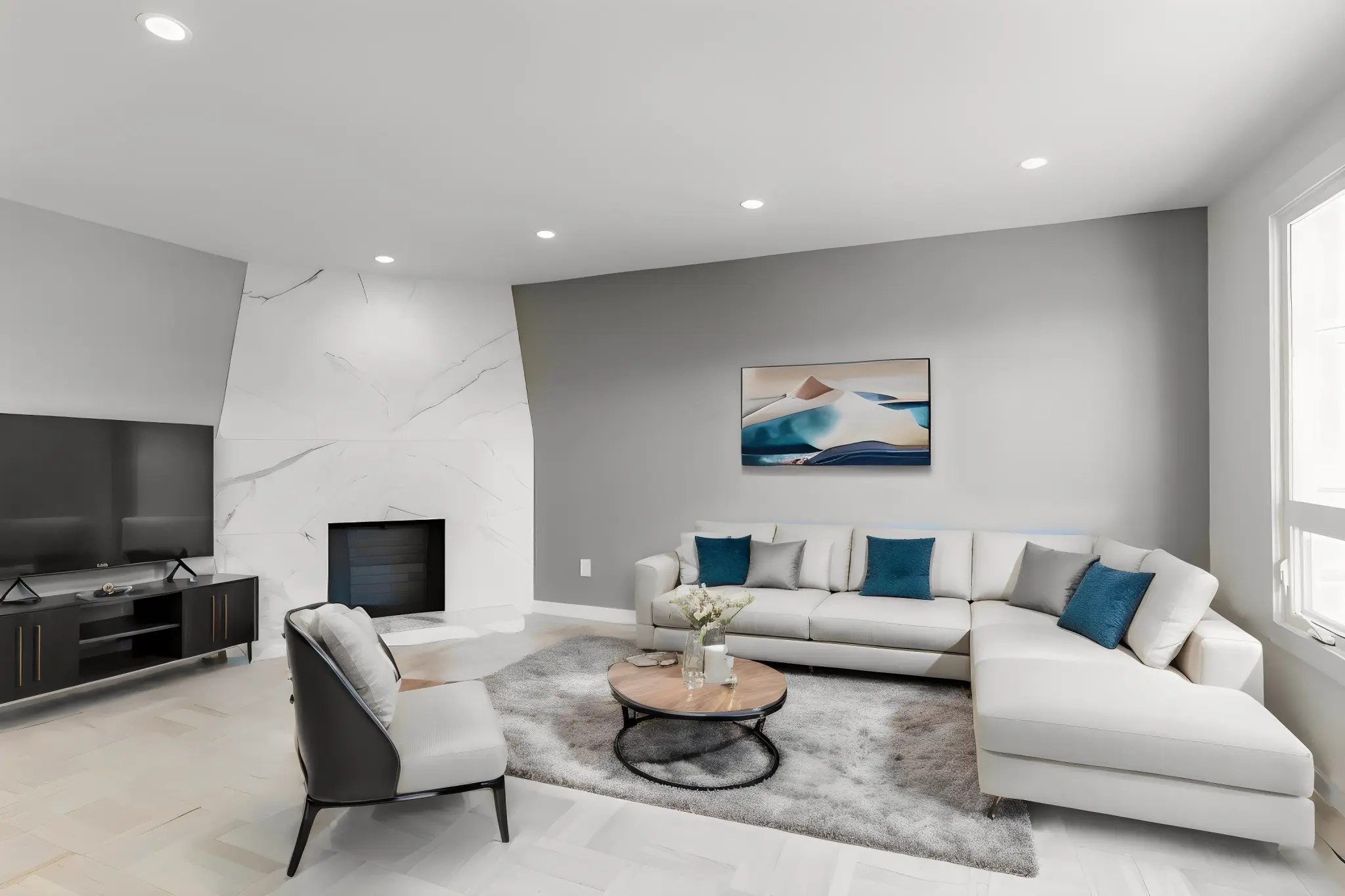From Concept to Reality: AI in Modern Interior Design
AI in Modern Interior Design explores the transformative impact of AI interior designers globally. Discover innovative solutions today!
The evolution of artificial intelligence (AI) has significantly impacted numerous industries, and interior design is no exception. Integrating AI into interior design workflows offers innovative methods to enhance creativity, precision, and efficiency.
This article explores the transformative role of AI in modern interior design, highlighting its benefits and practical applications. By understanding how AI can be leveraged, interior designers can elevate their projects from mere concepts to stunning realities.
Advantages of Using AI for Interior Designers
AI tools enable interior designers to achieve higher accuracy in their work.
Enhanced Design Accuracy
These tools use advanced algorithms to analyze and interpret design elements, ensuring that the final output aligns perfectly with the client’s vision.
- Precision Drafting: AI-driven software can create detailed blueprints and layouts that reduce errors and enhance accuracy.
- Material Matching: AI can recommend materials and colors that match the desired aesthetic, considering durability and cost-effectiveness.
- Error Reduction: By simulating various design scenarios, AI helps identify and rectify potential issues before implementation.
- Optimal Space Utilization: AI algorithms optimize space usage, ensuring that every inch is utilized effectively without compromising on design.
- Data-Driven Insights: AI provides valuable data insights that guide design decisions, making the process more informed and precise.
- Virtual Renderings: AI-generated renderings offer a realistic preview of the final design, helping clients visualize the outcome.
- Automated Measurements: AI tools can automatically measure spaces, reducing manual labor and increasing measurement accuracy.
- Consistency Maintenance: AI ensures design consistency across different projects by adhering to predefined standards and styles.
Increased Efficiency and Productivity
AI significantly enhances the efficiency and productivity of interior design processes. By automating repetitive tasks, designers can focus more on creative aspects.
- Task Automation: AI automates mundane tasks such as measurements, calculations, and drafting, saving time and effort.
- Project Management: AI-powered project management tools streamline workflows, ensuring timely completion of tasks.
- Client Collaboration: AI facilitates seamless collaboration with clients by providing real-time updates and virtual design consultations.
- Resource Optimization: AI helps in optimizing resources by recommending cost-effective materials and solutions.
- Trend Analysis: AI analyzes current design trends and suggests innovative ideas to keep projects relevant and modern.
- Design Revisions: AI allows for quick and easy design revisions based on client feedback, enhancing client satisfaction.
- Time Management: AI tools assist in efficient time management by setting realistic timelines and tracking project progress.
- Cost Estimation: AI provides accurate cost estimates, helping designers stay within budget and avoid financial discrepancies.
Personalized Design Experience
AI offers personalized design solutions tailored to individual client preferences. By analyzing client data, AI can create customized designs that align with their unique tastes and needs.
- Client Profiling: AI analyzes client preferences, lifestyles, and requirements to create personalized design profiles.
- Style Matching: AI matches design elements with the client’s preferred style, ensuring a cohesive and personalized outcome.
- Mood Boards: AI generates mood boards that reflect the client’s vision, aiding in the conceptualization phase.
- Interactive Designs: AI-powered tools create interactive design experiences, allowing clients to customize and visualize their spaces.
- Virtual Tours: AI creates virtual tours of the designed space, providing an immersive experience for clients.
- Feedback Integration: AI incorporates client feedback seamlessly into the design process, ensuring their satisfaction.
- Preference Prediction: AI predicts client preferences based on past interactions and trends, offering tailored design suggestions.
- Design Flexibility: AI allows for flexible design adjustments, accommodating changes in client preferences and requirements.
Transforming Interior Design with AI
AI in interior design is not just a futuristic concept but a present-day reality that revolutionizes how designers work. By integrating AI tools, interior designers can achieve higher accuracy, increased efficiency, and personalized designs that resonate with their clients. The future of interior design is undoubtedly intertwined with AI, promising a more dynamic and immersive design experience.
For interior designers, Tipriyo.ai offers a suite of benefits designed to transform the way they approach their projects. With our platform, designers can leap beyond traditional constraints, offering a more dynamic and immersive experience to their clients.
Visit Tipriyo.ai/interior-design to explore how AI can elevate your design projects.














Post Comment